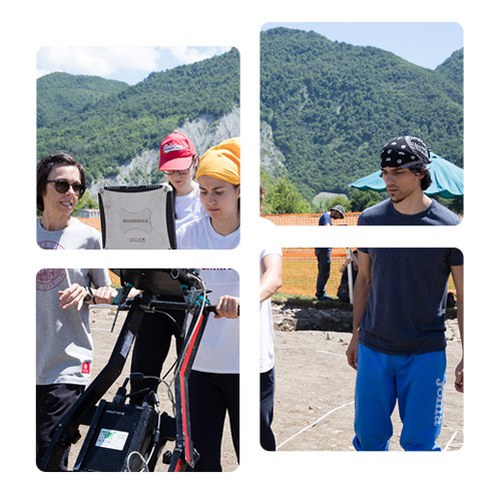
A journey from prehistory to the present, between theory, field practice and an international perspective.
News, events, and notices for your studies
From a.y. 2026/27, the Programme "Archaeology and Cultures of the Ancient World" will be called simply Archaeology
Do you play the piano or the organ? Find out how to take part in the activities of the Collegium Musicum. Apply by 1 March.
Join our Virtual Fair on 25 February for Master's programmes and learn how to make it happen!
You can now visit the virtual stands and check the programme of the events you are interested in. If you haven't done it yet, register now!
The Department of Intelligence and Security is launching an award dedicated to the best master’s theses on topics of interest to the intelligence community. Deadline: 15 April 2026.
Who it's for: Ho una laurea
Deadline: 12 mar 2026, 12:00
Who it's for: Ho una laurea
Deadline: 06 mar 2026
Who it's for: Studio dal secondo anno in poi
Deadline: 18 mar 2026, 15:00

People and resources can support you well beyond your studies: free e-books and online resources, an app to check available seats in study rooms, support for difficult situations, and psychological assistance.